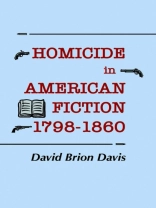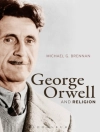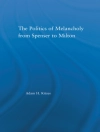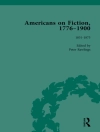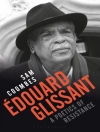Homicide has many social and psychological implications that vary from culture to culture and which change as people accept new ideas concerning guilt, responsibility, and the causes of crime. A study of attitudes toward homicide is therefore a method of examining social values in a specific setting. Homicide in American Fiction, 1798-1860 is the first book to contrast psychological assumptions of imaginative writers with certain social and intellectual currents in an attempt to integrate social attitudes toward such diverse subjects as human evil, moral responsibility, criminal insanity, social causes of crime, dueling, lynching, the "unwritten law" of a husband’s revenge, and capital punishment. In addition to works of literary distinction by Cooper, Hawthorne, Irving, and Poe, among others, Davis considers a large body of cheap popular fiction generally ignored in previous studies of the literature of this period. This is an engrossing study of fiction as a reflection of and a commentary on social problems and as an influence shaping general beliefs and opinions.
David Brion Davis
Homicide in American Fiction, 1798-1860 [PDF ebook]
A Study in Social Values
Homicide in American Fiction, 1798-1860 [PDF ebook]
A Study in Social Values
Köp den här e-boken och få 1 till GRATIS!
Språk Engelska ● Formatera PDF ● Sidor 364 ● ISBN 9781501726217 ● Utgivare Cornell University Press ● Publicerad 2018 ● Nedladdningsbara 3 gånger ● Valuta EUR ● ID 5804006 ● Kopieringsskydd Adobe DRM
Kräver en DRM-kapabel e-läsare
